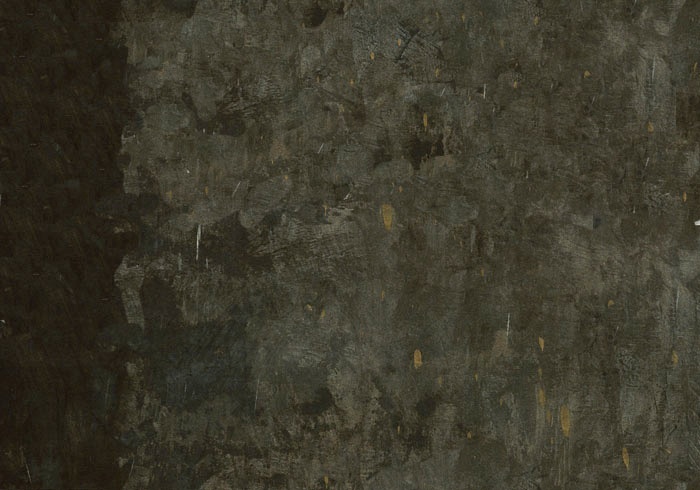Excluded was produced and directed by a sociology professor. There are multiple ways that the film can be a used in college classrooms, and not just in sociology courses.




Anomie
Tony’s and Thomas’ current situation as nomads embodies Emile Durkheim’s concept of anomie. Anomie is often defined as a lack of social bonds. It refers to a feeling of disconnectedness from one’s society, that one is not important to or valued by the wider community. Thomas describes this feeling as a “shadow that hangs over us” in his interview at Angkor Wat in Cambodia. Tony expresses anomie when he describes their nomadic lives as living “in exile” and in his interview on the rooftop when he asks: “What is our constitution for...does it say that minorities have rights--unless we really, really, don’t like them, then you can persecute them.”
Same-Sex Marriage
In the wake of Proposition 8 in California (2008) and Question 1 in Maine (2009), in which state citizens voted out legislation that legalized gay marriage, Excluded offers an inside look at the consequences for policies that exclude gay and lesbian Americans from marriage rights.
While much of the public debate surrounding same-sex marriage focuses on the symbolic and religious aspects of marriage unions, Excluded gives voice to another dimension of the issue that should be included in public debates: the civil rights of marriage.
Also, Excluded suggests a parallel between current marriage laws and former US laws that once prohibited and punished interracial marriages until the 1967 Supreme Court decision in Loving v Virginia. The current case challenging Proposition 8 in the federal District Courts, Perry v Schwarzenegger, has the potential to reach the Supreme Court as well.
Citizenship and Democracy
T.H. Marshall theorized in the 1950s that citizenship is comprised of entitlements and obligations on the part of both the citizen and the government providing citizenship. Excluded poses a question that citizens in many countries face: what can a person do when his/her government discriminates against him/her? When rights are witheld from an unpopular minority group in a society, are they forced to simply live without those rights? Or are there (or should there be) mechanisms in place to ensure that government-granted rights are equally distributed among the population?
When citizens are allowed to vote away rights for minority groups, as has arguably happened in California with Proposition 8 (2008) and in Maine with Question 1 (2009), we are faced with the problem of “tyranny of the majority” which Alexis de Tocqueville famously worried about in the 1830s when he visited the United States and subsequently wrote Democracy in America.
Immigration
While immigration laws are complex, it is safe to say that two of the most straightforward avenues for immigrating to the United States on a permanent basis is: 1. by winning a Diversity Visa (commonly known as the Green Card Lottery), of which the U.S. currently gives out 55,000 a year, or 2. by marrying an opposite-sex U.S. citizen. Excluded raises the question of whether these immigration paths are reasonable and fair mechanisms for sorting out who is and who isn’t a permissible and desirable permanent immigrant to the United States.
Tony and Thomas express outrage in their interviews over the fact that U.S. citizens can “buy a wife on the internet and bring them into the country” yet meanwhile Tony is unable to sponsor Thomas for immigration after nearly 17 years together. The mail-order bride phenomenon has been expanding in recent years due to the advent of internet match-making services (as opposed to the old paper catalogues), and the recent addition of women in the former Soviet Union to the international marriage marketplace alongside the longstanding population of Asian women who are sought by potential American husbands. Tony and Thomas question the legitimacy of immigration-by-marriage policies that allow spouses to be brokered through match-making services, but disregard deeply committed couples due to the foreign partner’s sex.
Structure versus Agency
A key tension in the field of sociology centers on humans’ ability to be free-thinking agents, acting on their own wills and desires on the one hand, and the constraints of social structures that limit and direct human behavior in patterned ways on the other hand. Tony and Thomas are a case that highlights the ways that structure and human agency co-exist in our social world. The social structures around marriage, immigration, and discrimination against homosexuality constrain Tony’s and Thomas’ life in crucial ways. Yet, at the same time, Tony and Thomas have developed innovative strategies for minimizing their social and political limitations and pursuing a life of meaning and (relative) happiness.
More Relevant Topics


Send us your suggestions: